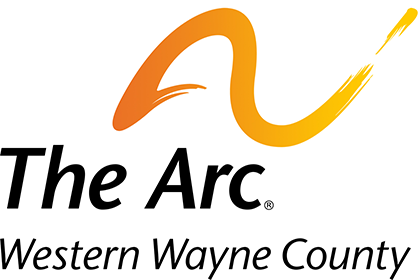Medicare was established in 1965 as comprehensive health coverage for elderly Americans. It is administered by the federal government through the Social Security Administration, and provides health insurance for people over the age of 65, and for people younger than 65 who are permanently disabled. You don’t have to be poor to be eligible for Medicare. People who have paid into the Social Security or Railroad Retirement systems, their spouses, and their disabled children are eligible for Medicare.
Although initially enacted as comprehensive coverage, Medicare has many limitations and exclusions. The recipient must often pay a part of the cost for covered services. Services which are medically necessary are covered, which means that preventative or routine care is frequently not covered.
There are two parts to Medicare, Part A and Part B.
Part A, hospital insurance, pays for:
- medically reasonable and necessary services ordinarily furnished by a hospital;
- extended care services in a “skilled nursing facility, for a maximum of 100 days per spell of illness;
- home health services for qualified individuals who are confined to their home. This includes intermittent nursing care, physical, speech or occupational therapy, direct personal assistance, medical supplies and appliances; and
- Hospice services for a person who is terminally ill, with a medical prognosis of six or fewer months to live.
Part B, medical insurance, pays for:
- 80% of the reasonable charge for doctors and other health care professionals after the annual deductible is met;
- services and supplies incidental to the physician’s professional services, including drugs that cannot be self administered, including chemotherapy;
- ambulance services when any other transportation would endanger the person’s health;
- physical, speech, and occupational therapy;
- x-rays and other diagnostic tests;
- outpatient hospital and mental health services;
- durable medical equipment furnished to a person for use in the home;
- transfusions of blood and blood components furnished on an outpatient basis;
- outpatient surgery;
- prosthetic devices;
- nurse-midwife services as a substitute for covered physician services to the extent that such services are authorized under state law;
- screening mammography annually for all women age 40 and older;
- pap smear screening and pelvic exam every three years unless a woman is at high risk for cervical cancer;
- home health services when the person does not have Part A coverage;
- heart, lung, and liver transplants under limited circumstances in a Medicare approved facility;
- certain colorectal screening tests and diabetes screening tests, and
- bone mass measurement screenings for high risk persons.
Although Medicare covers many health care costs, you will still have to pay the required co-insurance and deductibles. There are also many medical services that Medicare does not cover.
The following are several ways to fill the gaps of Medicare coverage:
- you can purchase Medicare Supplemental insurance, also known as Medigap Insurance. This is private insurance that is designed to help pay your Medicare cost sharing amounts. The Michigan Insurance Bureau is a good source of basic information about Medigap insurance. Their general phone number is 877-999-6442;
- you could continue coverage under an employer provided health insurance policy if you are eligible for such protection;
- you could enroll in a managed care plan, such as a Health Maintenance Organization, or HMO, that has a contract to serve Medicare recipient; or
- you could qualify for full Medicaid benefits.
In order to receive care in a nursing home covered by Medicare, you must meet the following three requirements:
- you must begin receiving skilled nursing home care within 30 days of a hospital stay of three days or longer;
- you must need skilled care, not basic or custodial care, for the same condition for which you were hospitalized;
- you must receive your care in a nursing home that is certified to participate in the Medicare program.
If you have questions regarding Medicare and the coverage it provides, you can contact the Social Security Administration at 800-772-1213 or visit them online at www.ssa.gov.
Phone code: 1314

Recent Comments